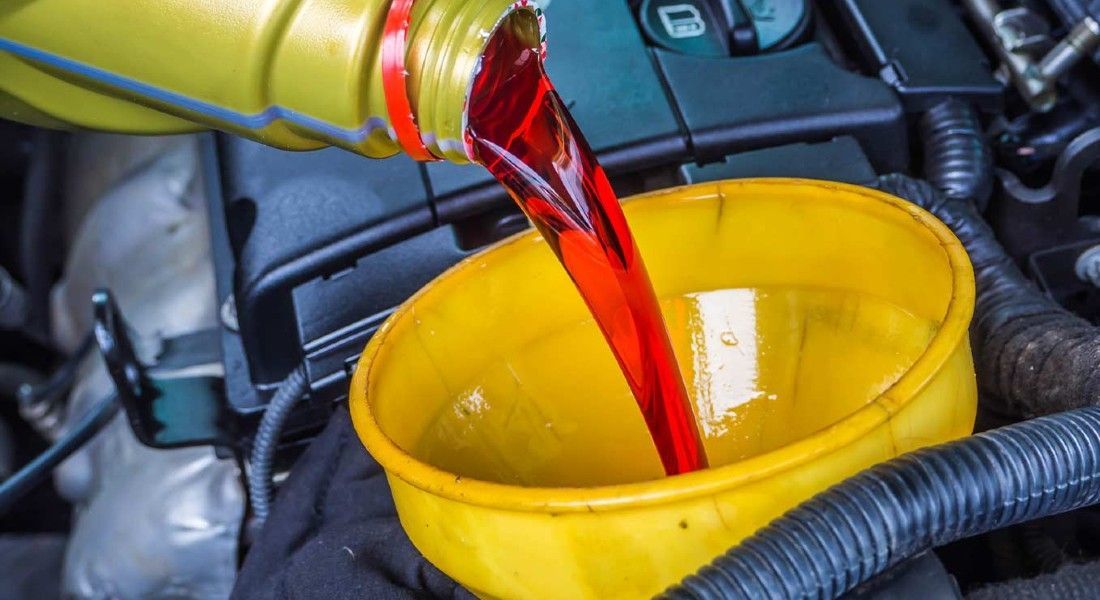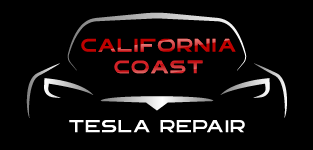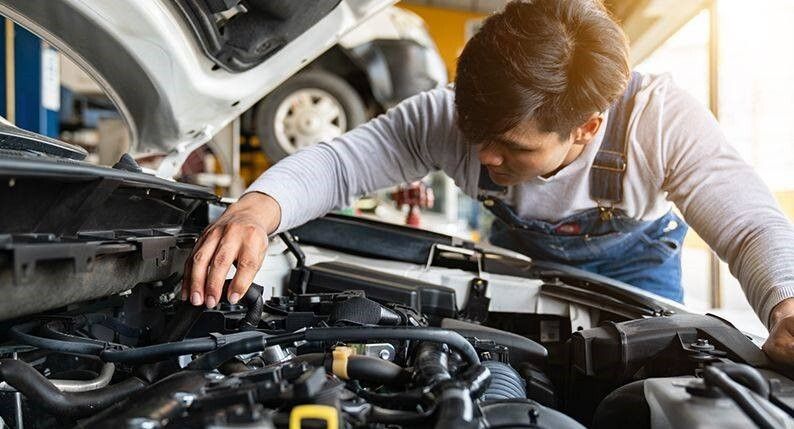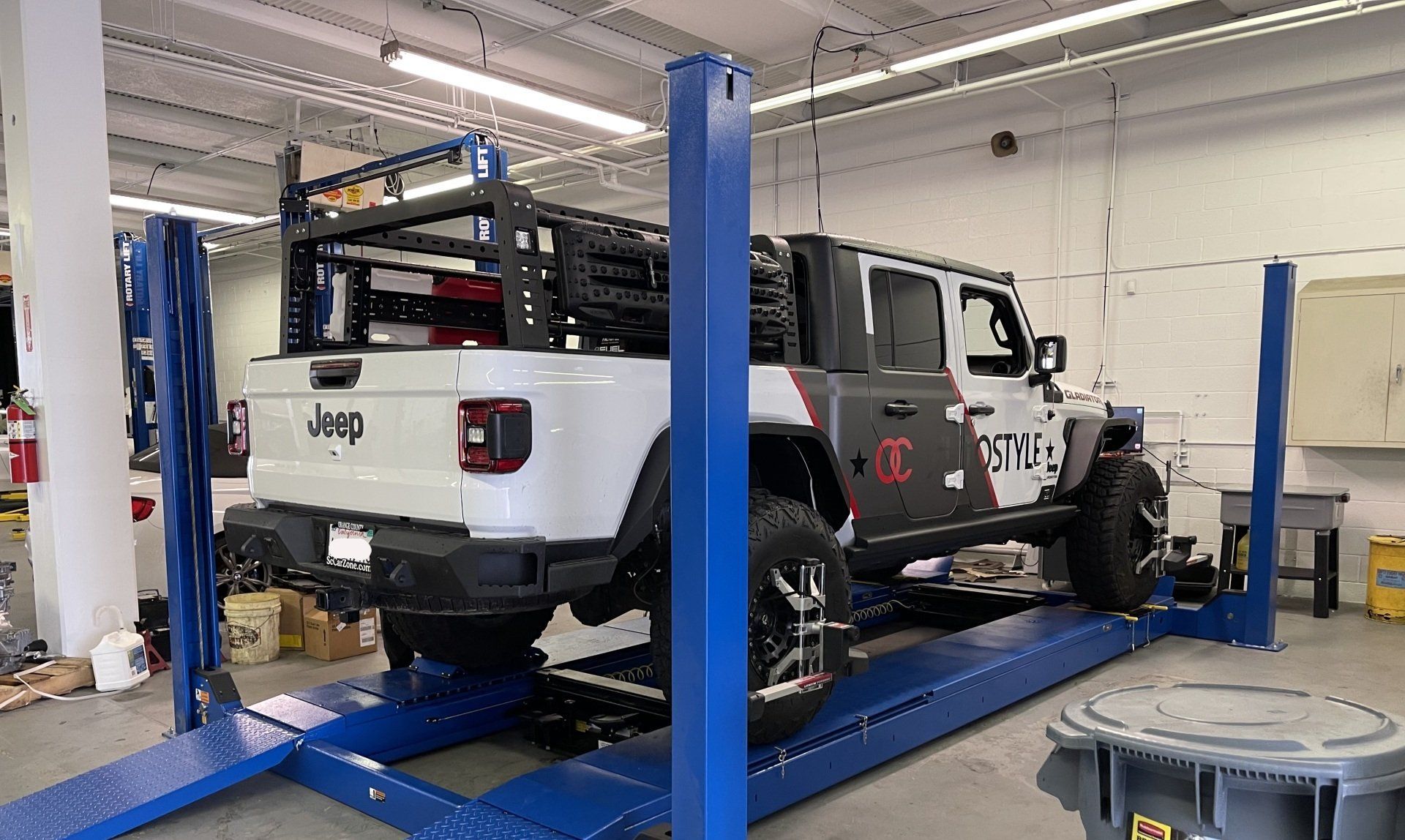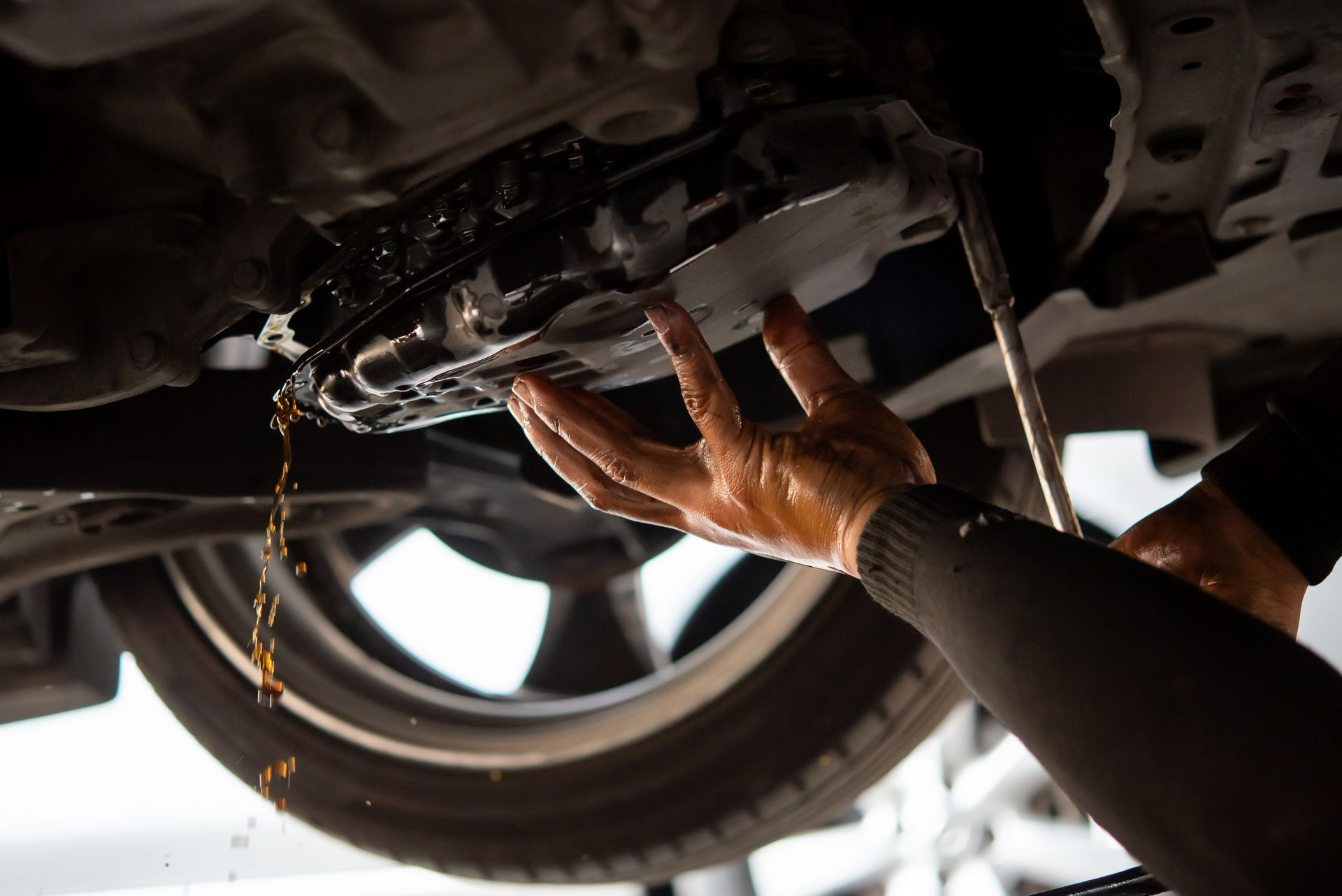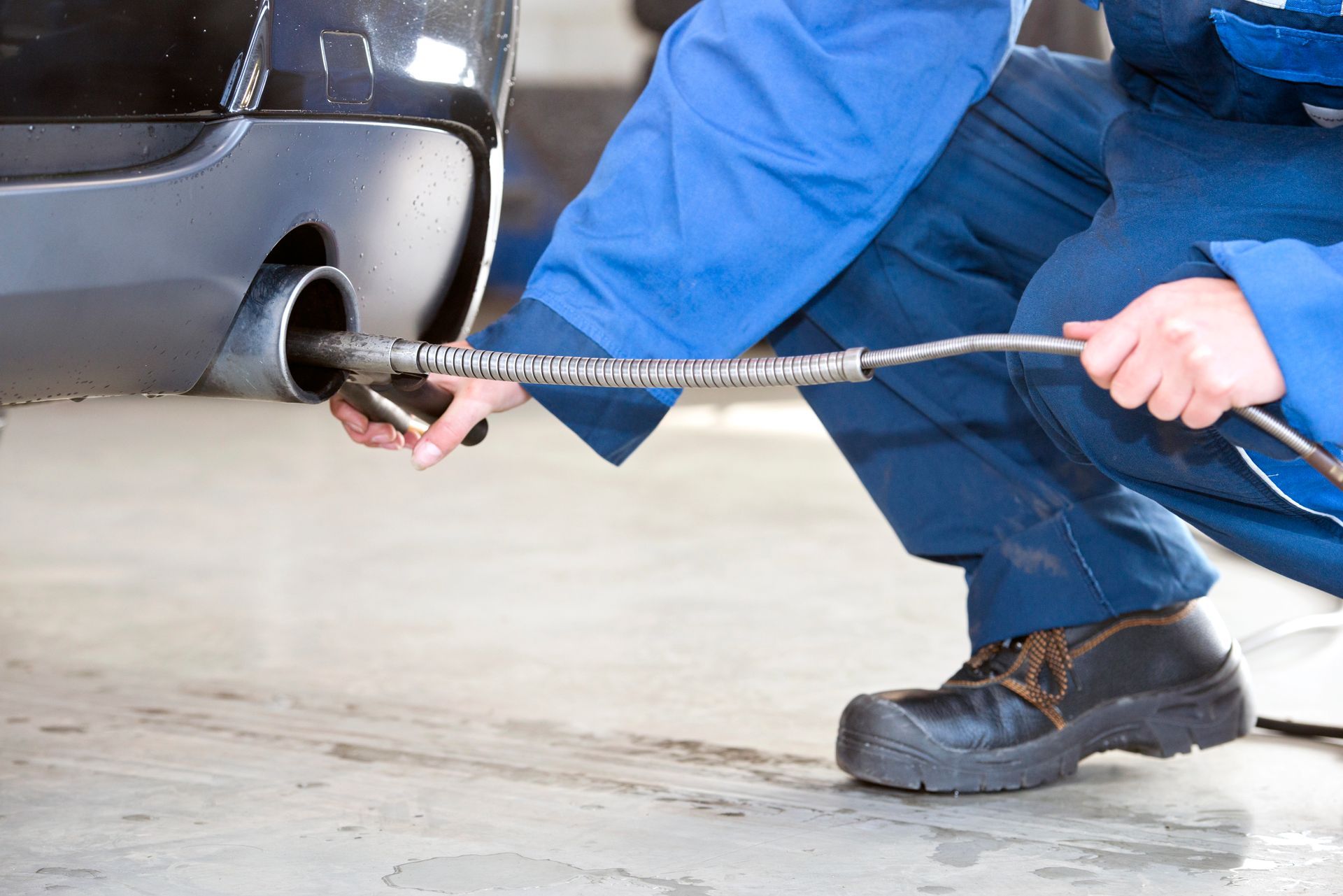8 Diesel Car Problems You Should Never Ignore
At California Coast Auto Repair, we understand that diesel engines are known for their reliability and efficiency. However, even the most robust diesel vehicles can encounter issues that, if overlooked, can lead to significant damage and costly repairs. With over 20 years of experience in diesel car repair, our team of ASE-certified technicians has seen a variety of problems that drivers should never ignore. In this article, we will highlight eight critical diesel car problems that demand your attention, ensuring that your vehicle continues to perform at its best.
1. Poor Fuel Economy
One of the first signs that something might be wrong with your diesel vehicle is a noticeable drop in fuel efficiency. Diesel engines are designed to be fuel-efficient, so a sudden increase in fuel consumption can indicate underlying problems. Common causes include clogged fuel filters, misfiring injectors, or issues with the turbocharger. Regular diesel car repair can help identify the root cause and restore your vehicle's efficiency.
2. Excessive Exhaust Smoke
While it's normal for diesel engines to emit some exhaust, excessive smoke can be a serious warning sign. Different colors of smoke can indicate various issues: blue smoke may suggest oil burning, black smoke often points to a fuel system problem, and white smoke might indicate coolant leaking into the combustion chamber. Ignoring these signs can lead to engine damage, so consult with our ASE-certified technicians as soon as possible.
3. Engine Noise
Unusual noises coming from your diesel engine should never be dismissed. Sounds such as knocking, tapping, or grinding can signal serious issues like a failing injector, low oil pressure, or a problematic timing belt. We specialize in diagnosing and repairing these problems, ensuring that your engine remains in optimal condition.
4. Difficulty Starting the Engine
If your diesel car is having trouble starting, it could be due to several factors, including weak batteries, faulty glow plugs, or issues with the fuel system. Diesel engines rely on high compression to ignite fuel, so any disruption in this process can lead to starting problems. Our team can perform comprehensive diagnostics to pinpoint the issue and provide effective solutions.
5. Overheating
Overheating is a common issue that can lead to catastrophic engine failure if ignored. Causes can range from coolant leaks to a malfunctioning thermostat or water pump. Diesel engines operate at high temperatures, so efficient cooling is crucial. If you notice the temperature gauge rising or steam coming from under the hood, it's vital to seek professional diesel car repair immediately to avoid further damage.
6. Reduced Power and Acceleration
If you find that your diesel vehicle is struggling to maintain speed or has a noticeable lack of power during acceleration, there could be several issues at play. Problems with the turbocharger, clogged air filters, or fuel delivery issues can all contribute to reduced performance. Regular maintenance and timely repairs can help restore your engine's power and efficiency.
7. Warning Lights on the Dashboard
Modern diesel vehicles are equipped with sophisticated onboard diagnostics that can alert you to potential issues through warning lights. Whether it's the check engine light or a specific warning for the diesel particulate filter (DPF), ignoring these alerts can lead to more significant problems down the road. Our experienced technicians can quickly interpret these signals and perform the necessary diesel car repair to keep your vehicle running smoothly.
8. Fluid Leaks
Fluid leaks are a clear indication that something is wrong with your diesel engine. Whether it's oil, coolant, or fuel, any leakage should be addressed immediately. Fluid leaks can lead to various issues, including engine damage and fire hazards. We can identify the source of the leak and ensure that your vehicle is safe and reliable.
Why Choose California Coast Auto Repair?
When it comes to diesel car repair, California Coast Auto Repair stands out as a trusted service provider in the Costa Mesa area. With over 20 years of experience, our ASE-certified technicians are dedicated to delivering high-quality service tailored to your vehicle's needs. We pride ourselves on our family-owned approach, ensuring that every customer receives personalized attention and care. Our facility is equipped with the latest diagnostic tools and technology, allowing us to provide accurate assessments and effective repairs for all diesel vehicle issues.
At California Coast Auto Repair, we understand that your diesel vehicle is not just a mode of transportation but an essential part of your life. Our commitment to customer satisfaction and safety is evident in every service we provide. From routine maintenance to complex repairs, we are here to support you and keep your vehicle in peak condition.
If you notice any of the problems mentioned above or if it's simply time for a check-up, don’t hesitate to reach out to us.
Frequently Asked Questions :
- What are some signs that my diesel car's fuel economy is declining?
A noticeable drop in fuel efficiency is one of the first signs that something may be wrong with your diesel vehicle. Common causes include clogged fuel filters, misfiring injectors, or turbocharger issues. If you notice you're filling up more often than usual, it’s time for a diesel car repair to identify the cause.
2.What does excessive exhaust smoke indicate?
Excessive exhaust smoke can be a warning sign of underlying engine problems. Blue smoke may indicate oil burning, black smoke often points to a fuel system issue, and white smoke could signal coolant leaking into the combustion chamber. Each of these signs requires immediate attention to avoid engine damage.
3.What should I do if my diesel engine is making unusual noises?
Unusual noises such as knocking, tapping, or grinding from your diesel engine should never be ignored. These noises could signal issues like a failing injector, low oil pressure, or a problematic timing belt. If you hear any strange sounds, it's crucial to have your engine inspected by a professional.
4.Why is my diesel car having trouble starting?
Difficulty starting your diesel vehicle could be caused by weak batteries, faulty glow plugs, or fuel system issues. Diesel engines rely on high compression to ignite fuel, so disruptions in this process can prevent proper engine start-up. A professional technician can diagnose the exact cause and resolve the issue.
5.What should I do if my diesel engine is overheating?
Overheating is a serious issue that can lead to engine failure if left unaddressed. Causes may include coolant leaks, a malfunctioning thermostat, or a faulty water pump. If you notice the temperature gauge rising or steam coming from the engine, it’s essential to seek professional diesel car repair immediately.

